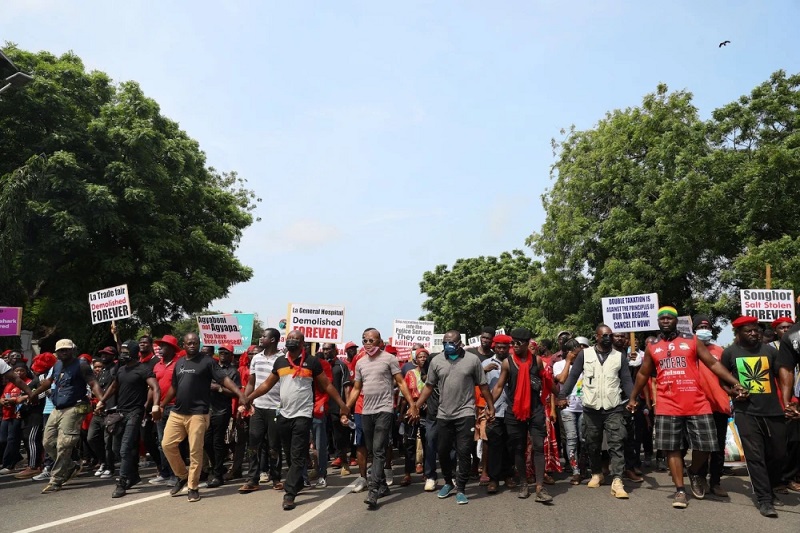Since it gained its independence, Ghana has requested assistance from the International Monetary Fund a total of seventeen times, which works out to an average of once every four years. However, obtaining a rescue package from the multilateral lender proved to be a more straightforward task this time around.
Not least of all, since a large percentage of Accra’s external debt is owned by private lenders who want all of their money back, there is still a tonne of work for Ghana’s authorities to do to convince creditors to offer over $22 billion in debt relief.
Commercial lenders, including bondholders, are responsible for holding 76% of Ghana’s total external debt. The next largest holders of Ghana’s debt are multilateral development banks, with the Paris Club and China each holding a sizable portion. Bondholders are especially reluctant to make any concessions, and the geopolitical nature of debt makes it even more difficult to reach an agreement on debt relief. Ghana is also in default, which makes it even more difficult to reach an agreement on debt relief.
Related Posts
An economist and a visiting senior fellow at the Africa Policy Research Institute, Theophilus Acheampong is a professor at the University of Ghana. He joins the show to provide commentary on the difficult debt restructuring negotiations that Accra is currently engaged in with its creditors.
Zimbabwe has been using multiple currencies, including the US dollar, since 2009 in an effort to combat the country’s spiralling inflation and deteriorating economy. Harare returned to using the RTGS, its previous local currency, in 2019, despite the fact that it is currently experiencing high inflation and interest rates.
Merchants, wholesalers, and manufacturers all prefer to settle only a small portion of transactions in the country’s native currency. In order to facilitate more trade within Africa, the African Continental Free Trade Area was envisioned as a potential solution.
But important business leaders, investors, and policy experts who were meeting in Abidjan said that local manufacturing needs to pick up considerably if it is going to fully unlock the potential of the union. The agro-processing industry has been singled out as one of the most potentially profitable ones.

